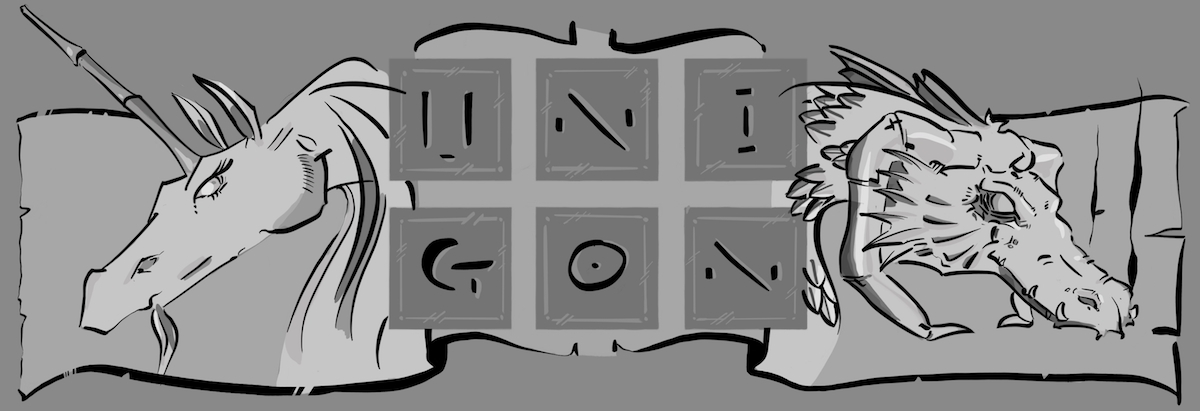There are decades where nothing happens; and there are weeks where decades happen.
Vladimir Ilyich Lenin
I’m not the first to post this quote … but I like it. It’s a good reminder that we are quite likely living through a pivotal inflection point of our country. That our tomorrow, whatever it will be, will look very different than our yesterday. And rapidly so.
I am hopeful that recent years are not for naught. For some it has only been a few years of challenge living in a nation divided, where hate has replaced acceptance, where bigotry walks our streets and flies our airwaves uncontested, where so many who fought for the right to be acknowledged and to exist as they were born have seen their inalienable rights erode right under their very feet.
And for others, these few years are but a drop in the bucket; for many they were born into a lifetime of living in fear for nothing more than being different than the status quo. And more than this, others still it has been an unshakable, unwanted, perverse family heirloom and legacy that has haunted their family through the generations; all waiting to see promises made that to this day remain broken and unfilled for so many.
Who does not want for themselves, their children, their loved ones the simple act of living in a world where they can openly walk the streets without fear of retaliation from the systems built to protect, where they can apply to any institution that is meant to employ them without wondering how far the stairs truly go for them? Who does not want to live in a world where we live only with the limits we impose on ourselves, instead of living and dying by the limits imposed by those who cannot see their shared humanity in every face they encounter?
For many of us, myself included, we lived with incorrect assumptions about our successes. We believed our success was largely, if not wholly, a reflection of our merit. We confused merit with our privilege. It is not that we are not without merit, but that our privilege as white, as male, as heterosexual, as being brought up in a middle-class family set in a community where college-education and high-paying jobs were the norm not the exception, gave us far more than our merit alone would have achieved if all things were equal. And because we believed in the inherent rightness of our merit, we thought by being color-blind that we were not racist or sexist when we believed everyone, regardless of their disadvantage and lack of privilege, to be able to achieve the same heights as us through effort alone. And if they could not, then our flawed narrative made us conclude that those without were themselves somehow lazy, unmotivated; they were without sufficient merit. That is the lie we tell ourselves, the narrative of the American dream writ large but not true for the vast majority of our nation’s peoples.
None of us are born equal. We are made equal by the compassion, by the understanding, and the support of all those around us who understand this fundamental truth, and who further subscribe to the notion that we are all equal to the rights, freedoms, and successes found in a life lived freely. This compassion is not costless; it requires us to share and make room for everyone. It’s a compassion that requires us to be selfless, and may at times require us to sacrifice so that others may share in all these things. But this is not to say it’s a zero-sum conversation; what we share is returned to us all many fold by the peace, prosperity and well-being that such selfless compassion engenders and germinates in all touched by it. Again, these things do not just happen; they require us all to lean toward each other, with hands and heart open for this kind of world to materialize.
The stairs we climbed as a nation are long, hard ones. We have faltered. We have slipped. We have scraped shins and broken bones in our ascent, and sometimes confused our descent as anything what it is: a falling away from grace. We have lost ourselves in the romanticized notions of a nation that only exists in our minds, only exists in our myth-making words. We cannot be great again, because we were never great to begin with. And may never be truly great in all that such ideals are just that: ideals meant to be unattainable, just beyond our grasp but still forever inspiring us to reach higher, with deeper conviction and stronger resolve. We are meant to struggle with our humanity, we are meant to wrestle with our imperfections. We are meant to accept these things, and in them find the peace that comes from accepting this simple fact: we are all equals to each other unto our own eyes and our own hearts.
Yes. It’s a scary time. It’s a time of turnover. It’s a time of chaos. But it is also a time of change. We are not truly lost till we stop accepting who we are. We cannot arrive at a nation we believe we to be until we accept the nation that we are. It is now a time for us to accept our racism. Accept our sexism. Accept our national legacy of hate. And change. Each and every one of us.
Accept. Change. Grow.




